Science: When to Add Salt During Cooking—and Why (It Makes a Huge Difference)
Buy Cook’s Science today:
The Science of Good Cooking:
What’s the role of salt in cooking? Is it important to add it at certain times? Most recipes (and culinary schools) advise seasoning food with salt early in the cooking process, not just at the end. We decided to investigate this conventional wisdom to see if the timing of seasoning makes a notable difference.
Recipe for Roasted Carrots:
Recipe for Best Beef Stew:
EXPERIMENT
We roasted carrots and prepared beef stew in two ways: For one batch we seasoned the dishes at the very beginning of cooking and, in the case of the beef stew, also when we added the onions. For the other batch we withheld all the measured salt in the recipes and added it at the end.
RESULTS
The roasted carrot samples were drastically different from one another. Those seasoned before roasting, with 1½ teaspoons of salt, were properly seasoned and flavorful throughout. Meanwhile, the carrots seasoned with the same amount after roasting were seasoned only on their exteriors and also tasted far too salty.
When it came to the beef stew, when we salted the meat before cooking (with 1½ teaspoons of salt) and seasoned the onions (with ½ teaspoon of salt) when they went into the pot as directed, the stew and particularly the meat itself were more evenly and deeply seasoned than those in the sample salted only at the finish. Furthermore, as with the carrots, the stew’s gravy tasted far too salty when the salt was added at the end.
EXPLANATION
We know that salt penetrates food slowly when cold. (In a previous experiment, we found that it took 24 hours for salt to diffuse into the center of a refrigerated raw turkey.) While the process is faster during cooking—for example, our science editor noted that the rate of diffusion of salt into meat will double with every 10-degree increase up to the boiling point—it’s still not instantaneous. Furthermore, salt penetrates vegetables even more slowly than it does meat (this is because the salt must cross two rigid walls surrounding every plant cell, while the cells in meat contain only one thin wall). Adding salt at the beginning of cooking gives it time to migrate into the pieces of food, seasoning them throughout. Meanwhile, if you add salt only at the end, it provides a more concentrated, superficial coating that immediately hits your tongue.
TAKEAWAY
For the most even seasoning and well-rounded flavor, we strongly encourage seasoning foods early in the cooking process as we direct in our recipes. However, if you forget, do not make up for it by simply stirring it all in at the end. Instead, start with a very small amount of salt—we used a mere 8 percent of the original amount of salt for the carrots after roasting (⅛ teaspoon versus 1½ teaspoons) and 31 percent for the beef stew (just over ½ teaspoon versus 2 teaspoons)—and then taste and season further as desired. On the flip side, if you are watching your salt intake, you could wait until the end of cooking to season your food, knowing that you’ll be able to get away with a lesser amount.
ABOUT US: Located in Boston’s Seaport District in the historic Innovation and Design Building, America’s Test Kitchen features 15,000 square feet of kitchen space including multiple photography and video studios. It is the home of Cook’s Illustrated magazine and Cook’s Country magazine and is the workday destination for more than 60 test cooks, editors, and cookware specialists. Our mission is to test recipes over and over again until we understand how and why they work and until we arrive at the best version.
Each week, the cast of America’s Test Kitchen brings the recipes, testings, and tastings from Cook’s Illustrated magazine to life on our public television series. With more than 2 million viewers per episode, we are the most-watched cooking show on public television.
More than 1.3 million home cooks rely on Cook’s Illustrated and Cook’s Country magazines to provide trusted recipes that work, honest ratings of equipment and supermarket ingredients, and kitchen tips.
If you like us, follow us:
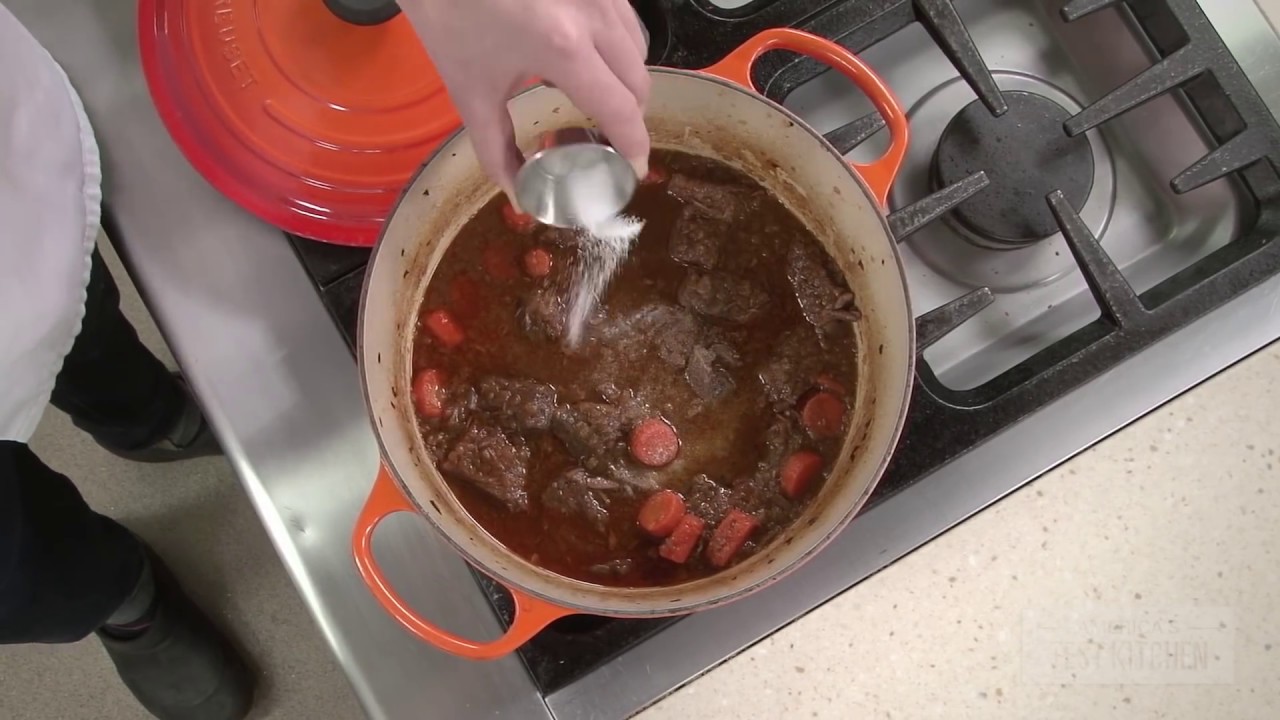
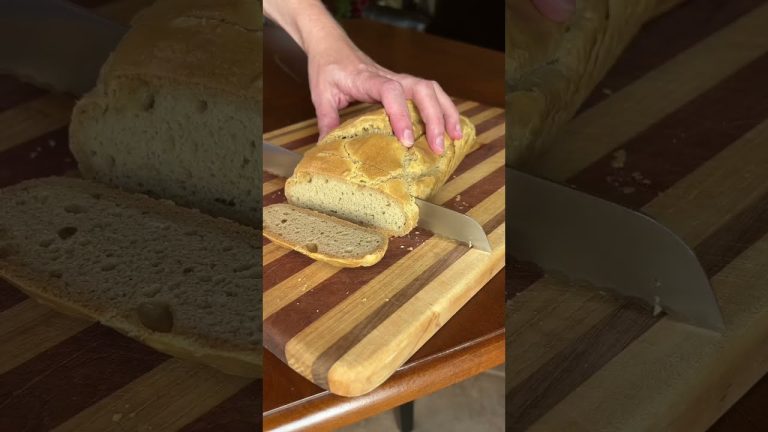
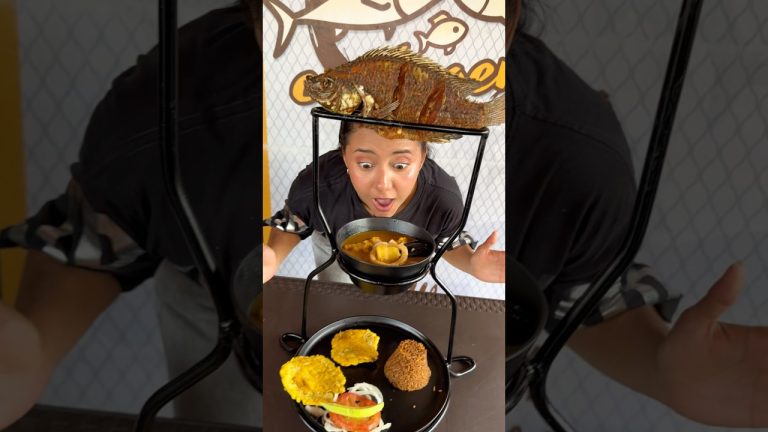
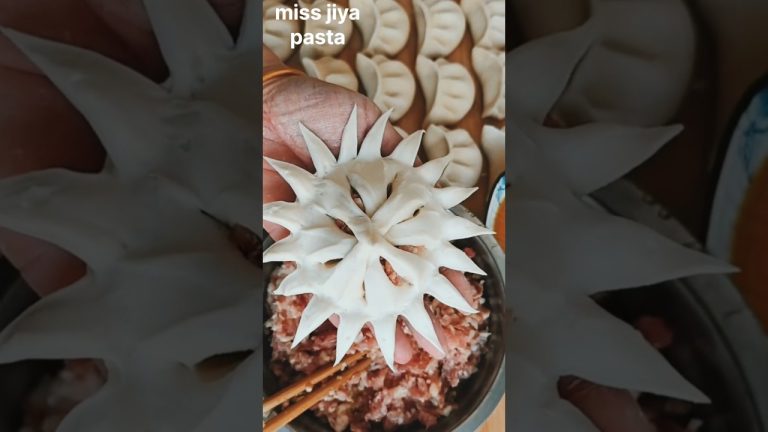

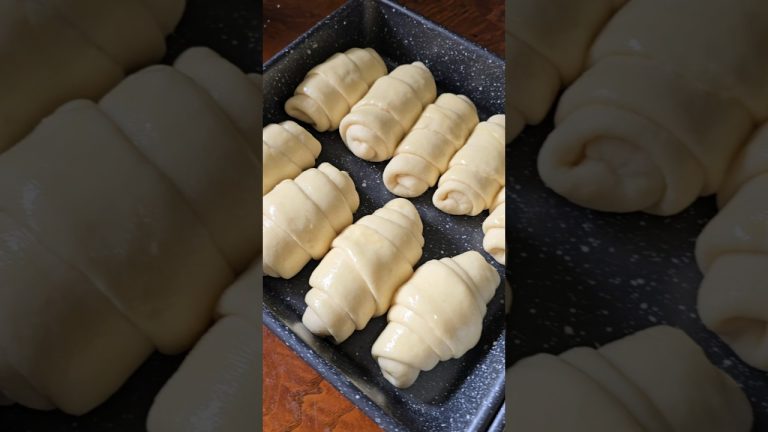
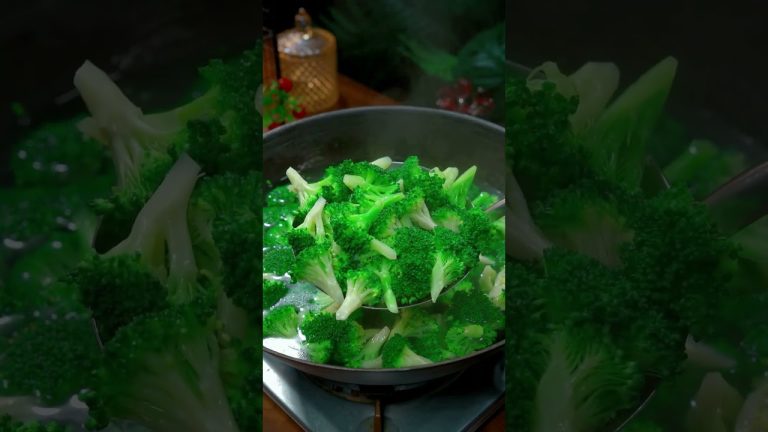
one of the best indian chefs in the world vah reh vah salts at every step. i learned that from him. since then my stuff gets more balanced an better!
Thank you for this,
Good to know 😌 🙂 ☺️
And now y'all make infinite soy sauce rice krispie shorts.
Lol, it doesn't matter if you use salt early or late because there's a reason behind it.. fu¢k your science.
What about scrambled eggs?
To salt before cooking or after, that is the question.
I hate salt, I mean really hate it. Is there a low or no salt cookbook you recommend?
Now that we're totally confused on the matter, thanks a lot, America's Test Kitchen.
This is just wrong. It tastes the same. Try it at home.
hey cutie patootie 😍
I think some people got the wrong takeaway from the video. If you salt at the end with less salt, you do get a superficially salty exterior but the food will be flavorless inside. The food won't be the same as seasoning beforehand but at least you can salvage it. This is why people marinate and brine things. Not to mention salting is required to cook some foods properly. I know salt can help draw out moisture to soften onions. The timing of salting a steak before grilling can also affect it a lot too. Maybe there's a better way to lessen sodium consumption without having "unbalanced" foods.
One exception I know is dried beans. Adding salt early seriously retards their softening. Put it in after they've reached desired tenderness.
One more reason to love ATK and CC content! Great job!
I think noting exceptions to this rule would have made for a better video. Adding to much salt to scrambled eggs before they start to set breaks down the eggs releasing water into the pan and making for eggs with a not good texture. Adding salt when they are partially set helps avoid that and still gets salt throughout the eggs.
I am curious how salting at different times can affect vegetables in particular. I have heard that while sauteeing onions or peppers, salting them during the process helps them release water and caramelize better. Also, I have noticed that when I boil fresh green beans (on stove or instant pot) that if I salt them before hand they tend to come out mushier… but if I salt them in the end, they have a nicer texture… not quite so mushy. I don't know if there is science behind this or simply my own experience, but it seems to be pretty consistent in the results.
If you wanna reduce salt consumption, would it be more recommended to salt after with lesser amount of salt?
This doesn’t explain why salt enhances flavor.
I was looking for the reason salt is important. I believe it is because it disassociates during the tasting process. The Na+ and Cl- ions accelerate the neuronal processes that tastebuds and the food go through to give you the perception of flavor.
By adding the salt afterward, all that enhancement occurs more starkly and over a shorter period of time than it does when the salt is diffused through out the food.
Im still learning about when to add salt in certain recipes eapecially beef and vegetables….even if I add salt before, it is VERY minimal….and I love sea salt which is potent
Awesome
It's the other way around! If I do salt at the end I can achieve the same saltiness on my tongue, while reducing my salt intake? Then I should salt at the end for the health benefits, no?
Almost 70 years old and NOW I ´ve learned a good tip.Luv U. Thanks!!!!!
Wait so… to eat less salt you just need to salt at the end?
Furthermore
Is there a technical way to know how much salt is needed.
Salt can be added at anytime
GUYS HELP, my mom refuses to season her food! She "doesn't like salt" (What?)
How can I show her why you need salt? HER FOOD IS EDIBLE BUT THERE'S 0 FLAVOUR! (Whitemom summer :'[ )
actually I have noticed that salt makes vegetables and meat lose their liquid, so the down side could be food that is too dry. maybe someone with chemistry tips could comment on that
and for fat ppl with high bp its all the opposite:
salt at the end so u get more of the salty taste without ur heart exploding
best is himalayan salt or celtic salt as all type of salt made from sea water have microplastic and alluminium very bad for body and brain
best is to add half salt early in cooking and half amount on your plate when food is served.
sir you are absolutely wrong as far as good health is concerned.all use iodized salt.iodine is very weak and gets evaporated with in seconds if cooked.with that habits you develop iodine deficiency and thyroid problem which disturb your metabolic rate and as your age advances you become fatty and lazy.to have good thyroid function ,which a master gland you have to cook without salt and add salt when dishes are served to you on plate.i do agree its less tasty but very good for health as you get all the iodine present in salt,as it is not heated up.if you don't understand importance of iodine on thyroid gland than it should be added to your cookery classes.sorry if it hurts you
how about tenderness? does salt make food harder or increase cooking time?
You really should have added that beans cooked from scratch should NOT be salted at the beginning of cooking as that will make them tough. Salt beans when they are nearly tender, to give time for the salt to penetrate.
I'm confused. This video https://m.youtube.com/watch?v=VbhiwZjUzk4 that came next in my feed shows veggies getting soft and mushy when salted before cooking. And nicely golden brown when not salted. She suggests salting veggies after they brown. I'm trying to learn…
Why salt in baked goods? I never add salt